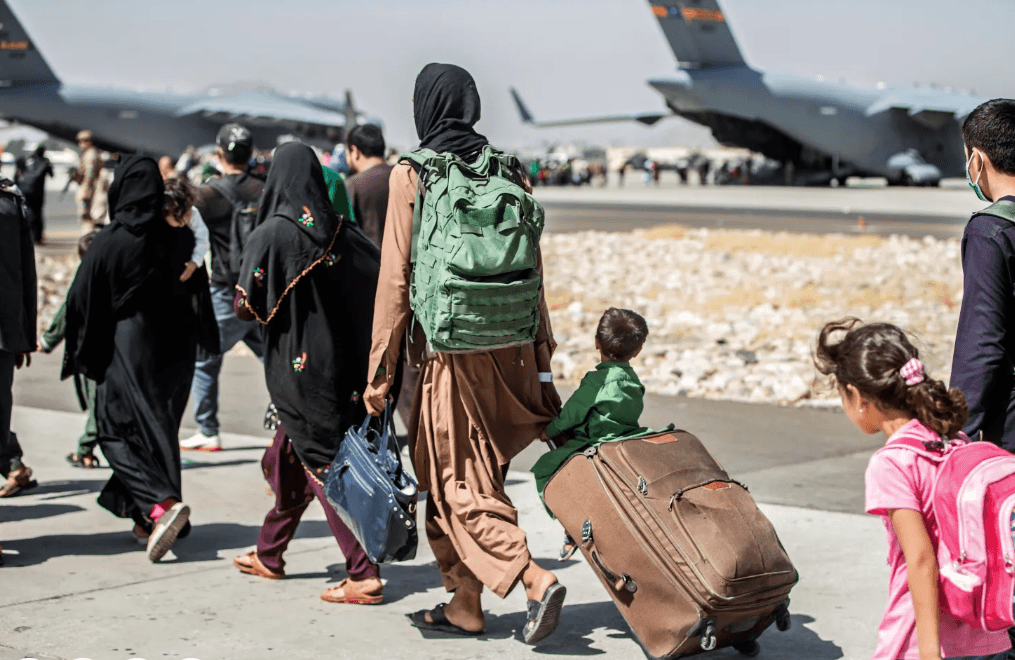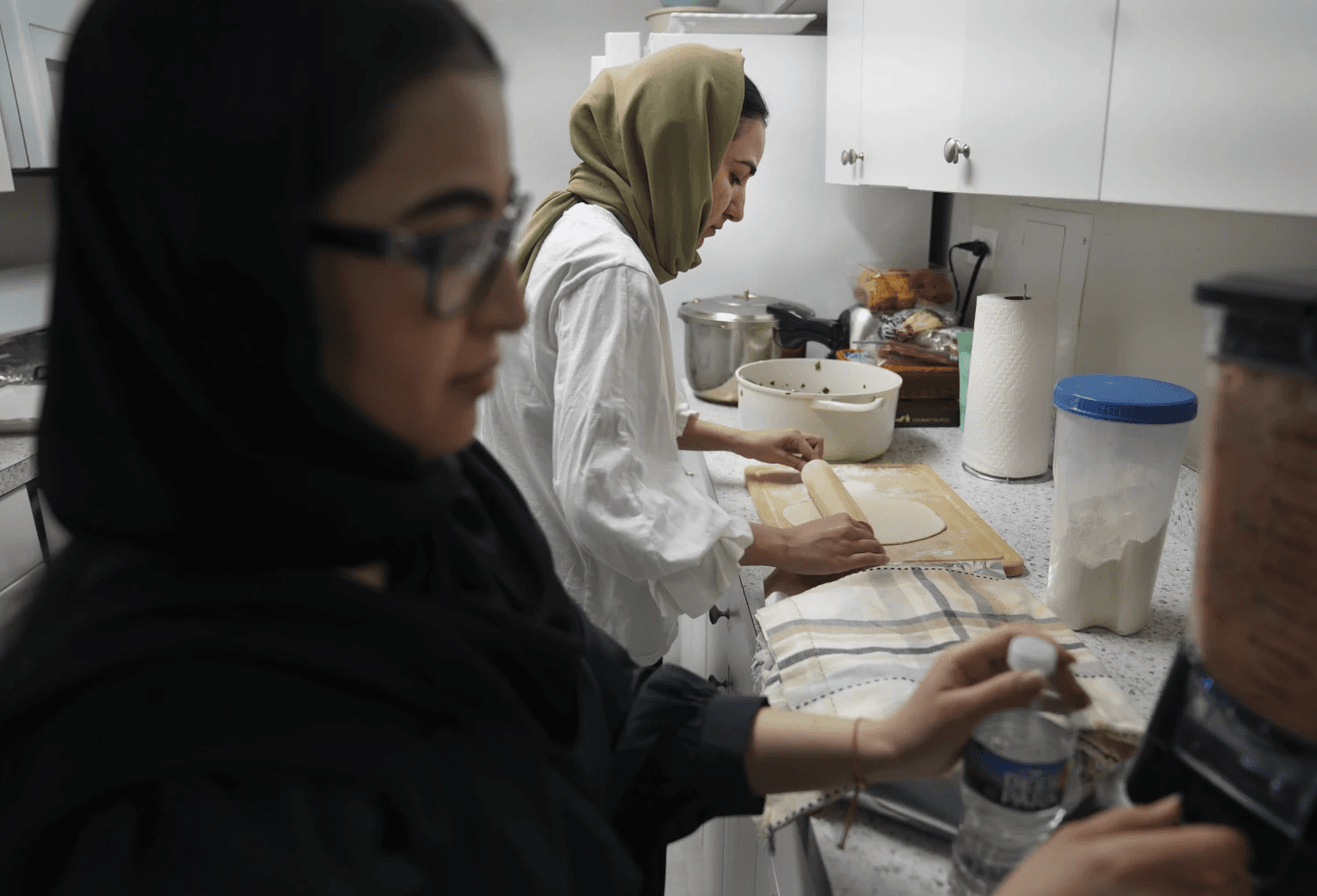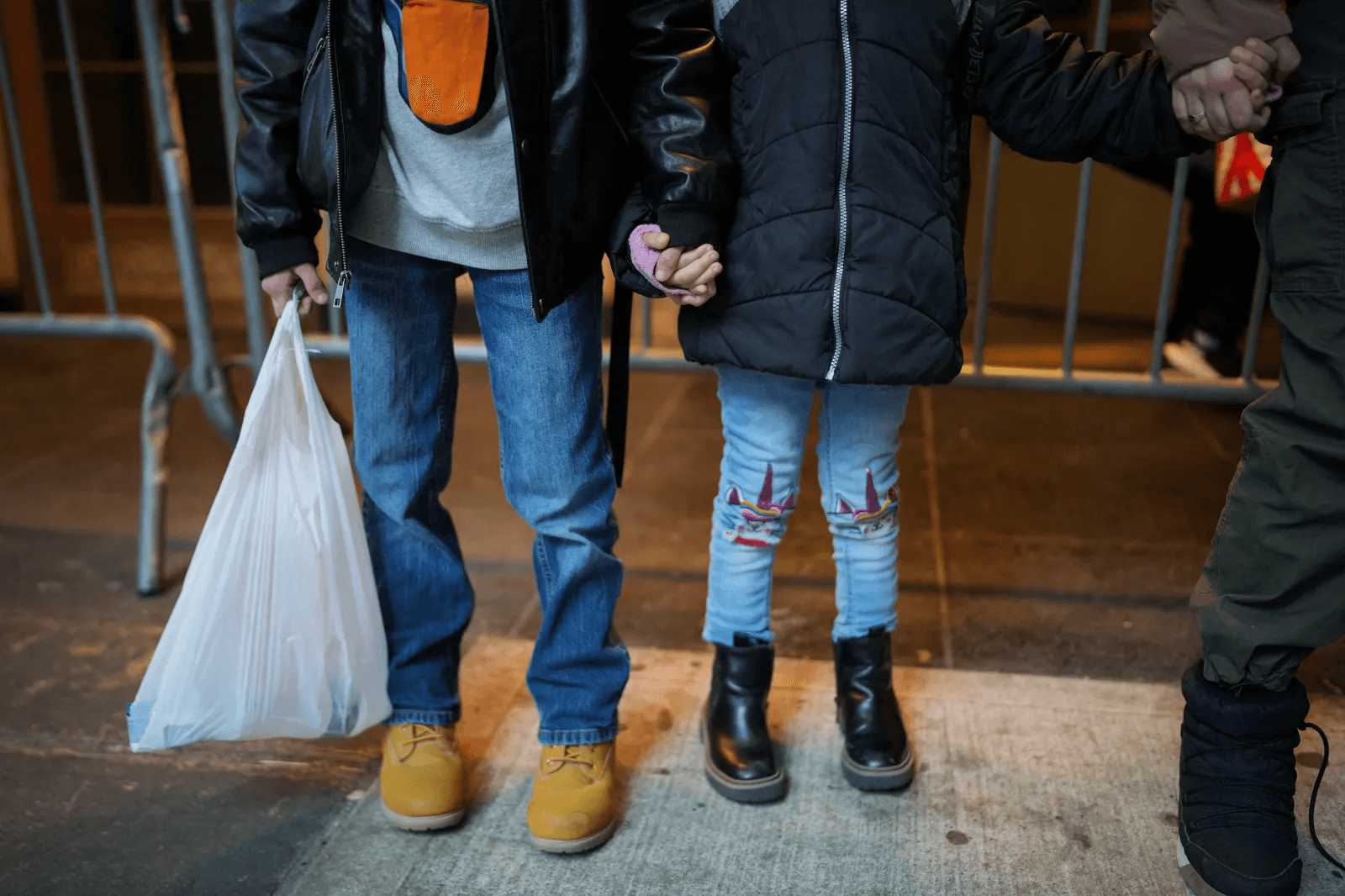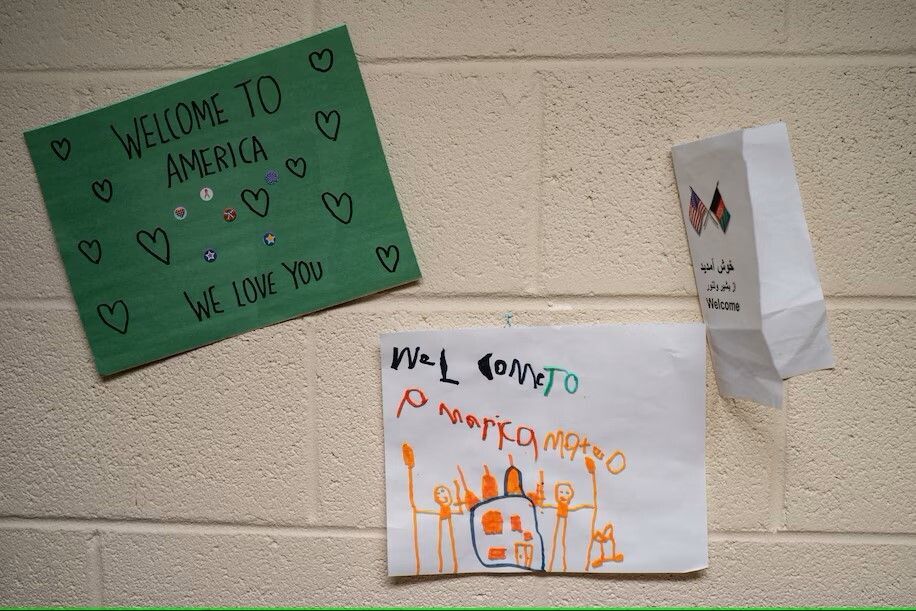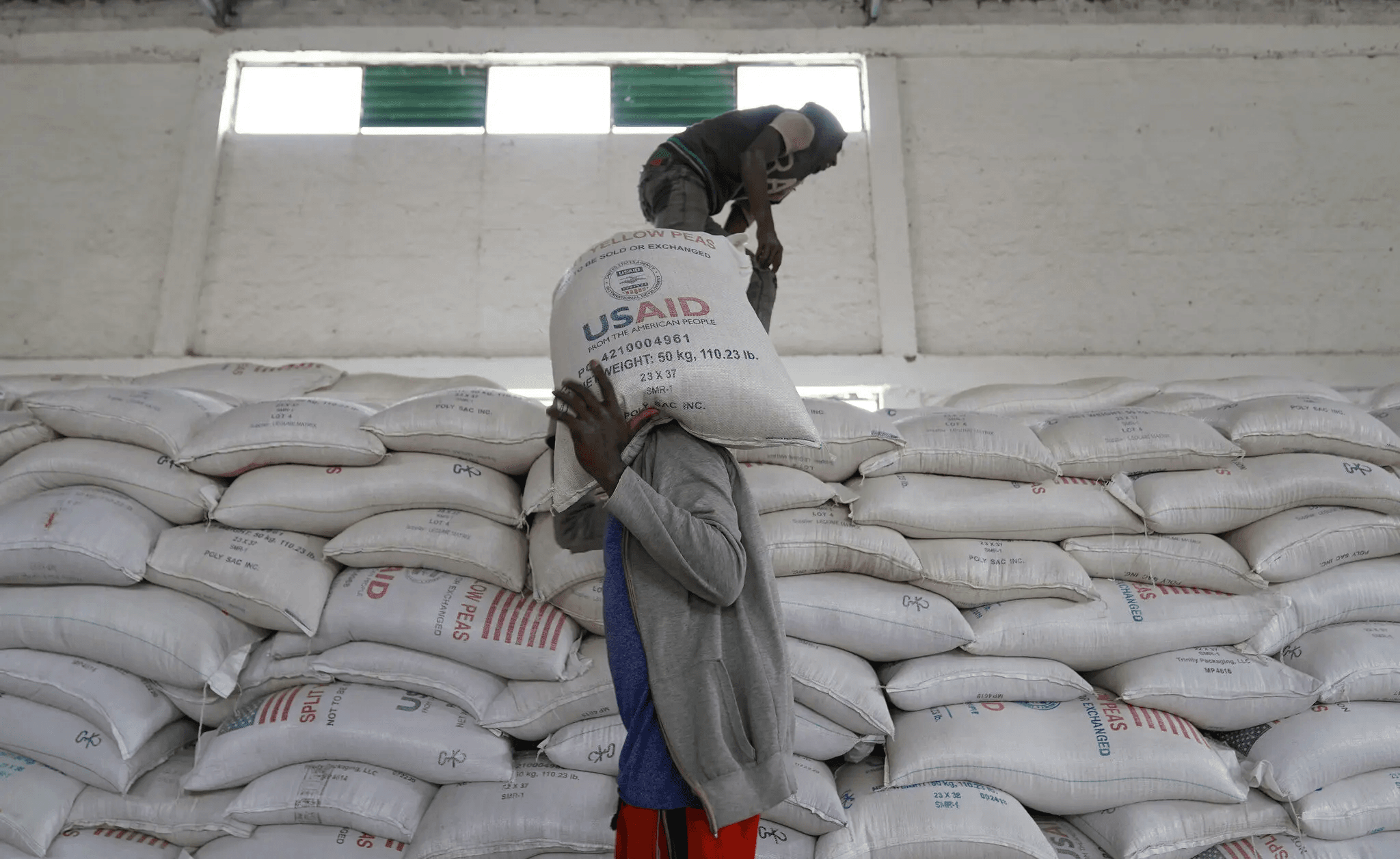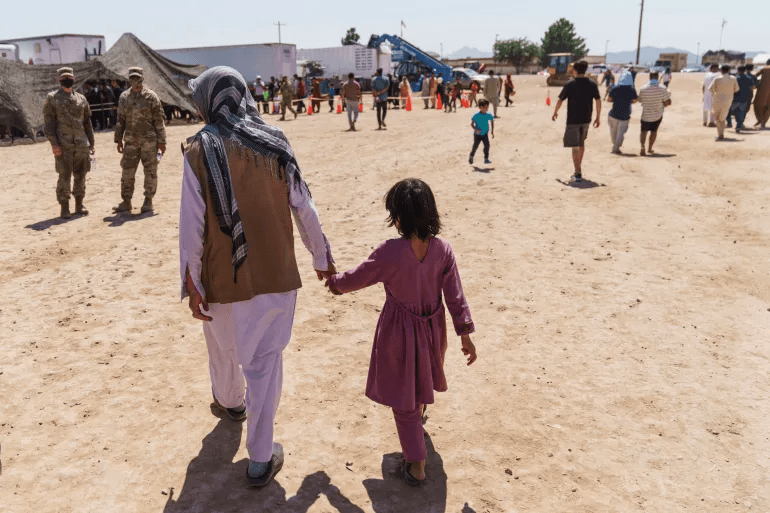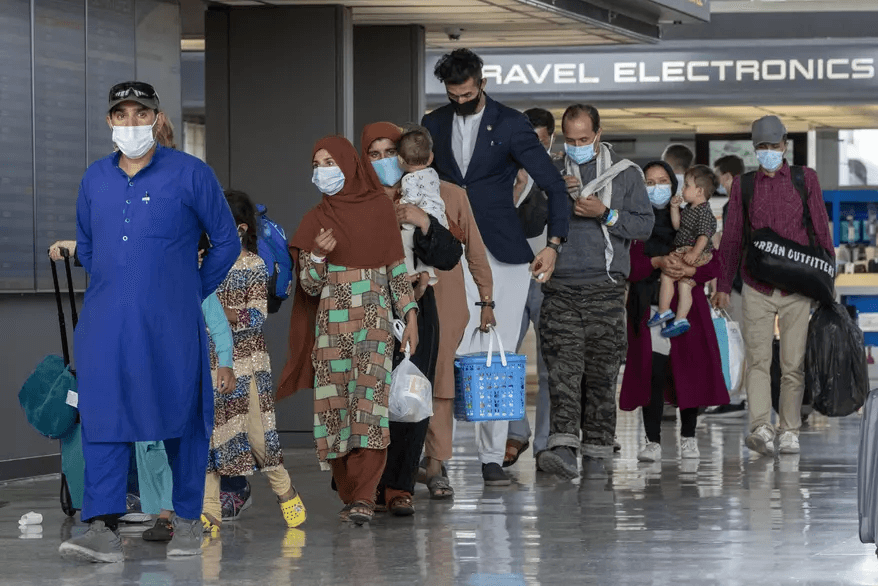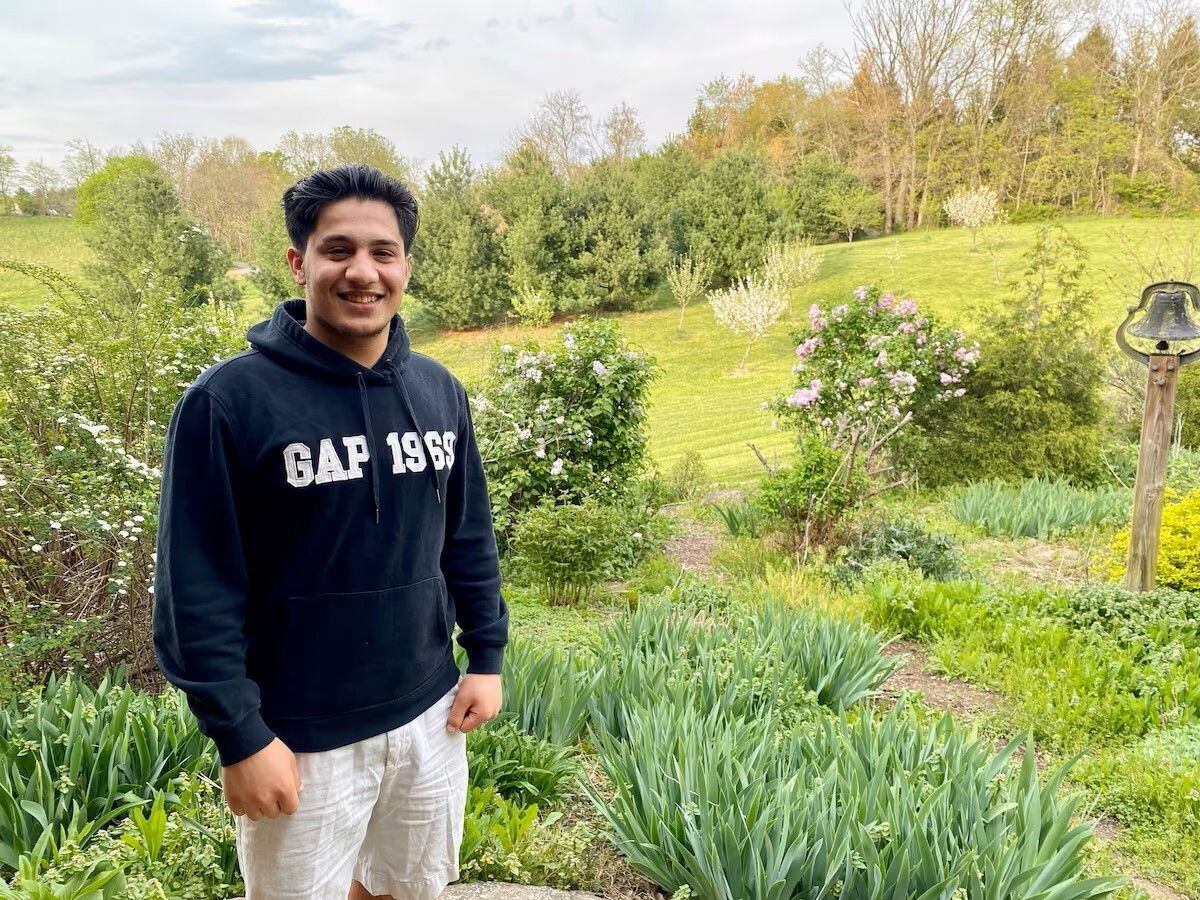For faith leaders supporting and ministering to anxious immigrants across the United States, 2025 was fraught with challenges and setbacks. For many in these religious circles, the coming year could be worse.
News that an Afghan national was charged in the shooting of two National Guardsmen in D.C. is landing especially hard in Northern Virginia, home to one of the country’s largest Afghan communities.
The shooting of two members of the National Guard has prompted the administration to impose new restrictions—and resettlement organizations are reeling.
Advocates say Trump policies add fear to four years of uncertainty for Afghans seeking safety in US after Taliban rise.
In this episode of Nonprofit Spotlight, Kristyn Peck, CEO of Lutheran Social Services of the National Capital Area (LSSNCA), joins Pastor Mike from Holy Trinity Lutheran Church for a candid conversation about the shifting landscape of refugee resettlement in 2025 and how LSSNCA is adapting in real time to ensure no one is left behind.
The Taliban is targeting Afghans who worked with the U.S., including those who worked with the University of Maryland. Neighboring countries like Pakistan and Iran are cracking down on harboring Afghan refugees. At the same time, President Donald Trump is imposing a freeze on admitting refugees to the U.S.
Many religions center “welcoming the stranger” as a mandate. What will come next for faith-based refugee groups as their ability to practice a good Samaritan approach is tested by Trump administration orders halting refugees?
The administration’s cuts to resettlement aid and services are sowing uncertainty and fear among recent arrivals from Afghanistan, many of whom served alongside our military.
The AP article highlights the struggles of Afghans in the U.S. after the Trump administration froze federal funding, leaving many at risk of eviction. LSSNCA face financial strain, forcing layoffs and service cuts. With no support, some refugees are even considering returning to Afghanistan despite the dangers.
Thousands of refugees cut adrift, thousands more barred from entry, after Trump halts flagship U.S. refugee programme.
Thousands of newly arrived refugees lost financial support and help with setting up their new lives in America. Aid groups are challenging the freeze as they scramble to keep refugees housed.
WASHINGTON (7News) — 7News is hearing from a DMV non-profit directly impacted by the mass federal layoffs.
"Our funds from Health and Human Services, from the Office of Refugee Resettlement, have been frozen," Kristyn Peck, CEO of the Lutheran Social Services of the National Capital Area (LSSNCA) said.
Trump allies like Elon Musk have called for the federal government to stop funding refugee
resettlement organizations. Some of those groups have gone weeks without receiving payments
for programs that are still in place.
Throughout the decades, [these] faith-based groups worked hand in hand with the federal government. Agencies like the State Department, the U.S. Agency for International Development and the Department of Health and Human Services eventually funded them with hundreds of millions of dollars every year. Many of these groups believed helping the poor and vulnerable expressed their values not only as Christians, but also as Americans. Now, that legacy — and the very survival of these organizations and the values they represent — is in existential crisis.
Law360 (February 14, 2025, 8:07 PM EST) -- With a one-two punch suspending refugee admissions
and halting federal grants for nonprofits that have worked in tandem with the U.S. Department of
State for decades, the Trump administration has effectively crippled the U.S. refugee program,
according to groups providing resettlement services.
Refugee families in Silver Spring are being evicted after a councilmember said federal funding was cut off. The families are from Afghanistan and helped the U.S. fight the Taliban ─ forcing them to flee the country during the American evacuation.
Advocates say broad executive orders have hurt Afghans seeking to flee to the US after aiding its military and other groups.
Three years on, the [Afghan] arrivals have slowed dramatically but they’re still trickling in. And LSSNCA said the needs are persistent, albeit different. Volunteer drivers are particularly in demand asmigrants need to be taken tojob interviewsorother important appointments. ... Also needed are tutors for kids settling into American schools, and mentors for adults trying to find their way in a new culture and a new job. Doctors, lawyers and even military-trained jet pilots in Afghanistan find themselves struggling to match their skills with jobs here.
When the teenager fled Afghanistan and arrived in the U.S., he was alone. He has since seen a community come together to help him and his four brothers. ... How the five brothers, who range in age from 8 to 21, all ended up living in Loudoun County is a story that starts with them getting separated at an airport in Afghanistan. Their family was one of the many that crowded the grounds around the international airport in Kabul in 2021 in hopes of evacuating as the United States withdrew its troops.
Photo credit: Theresa Vargas/The Washington Post
“We began interviewing refugee doctors in late 2022, learning about their passion for medicine and some of the barriers they face in returning to medical practice,” said Brandi Kilmer, Co-Founder of the Refugee Physicians Advocacy (RPA) Coalition and Community Programs Coordinator - Washington D.C. at TSOS. “It’s been incredibly rewarding to be part of a growing coalition of partners working to remove those barriers. We thank chief-patron Delegate Kathy Tran and our partners at Lutheran Social Services National Capital Area, World Education Services, and NOVA Friends of Refugees for their leadership, and all those who endorsed helping to remove a significant barrier with this bill. It has restored hope to many doctors in our network.”
Our Transitional Foster Care (TFC) program offers crucial support during the transition to a stable, loving home for children who arrive in the United States without parents or guardians. The Baltimore area is in desperate need of foster families.
If you need a last-minute holiday gift this weekend and through the end of the year, you have lots of options along the Route 1 corridor that don’t involve online rush ordering, circling parking lots, or standing in long lines. Even better, you can support the local artists, craftsmen, and other small business owners that put this area on the map. ... Donate to help support the following local nonprofits doing notable work for the community in the area and beyond.
The CMPP National Board today announced the selection of four subgrantees to implement the Case Management Pilot Program, delivering voluntary case management and associated services to individuals enrolled in Immigration and Customs Enforcement (ICE) Alternatives to Detention programs.
A group of 188 immigrant rights organizations, including the ACLU and United We Dream, are urging Congress not to make changes to the asylum system and humanitarian parole authority in negotiations over the foreign aid supplemental funding bill.
A group of 131 faith-based organizations from around the country are calling on the Biden administration to grant deportation protections to about 2,000 nationals of the Democratic Republic of the Congo (DRC) amid widespread violence and disease there.

